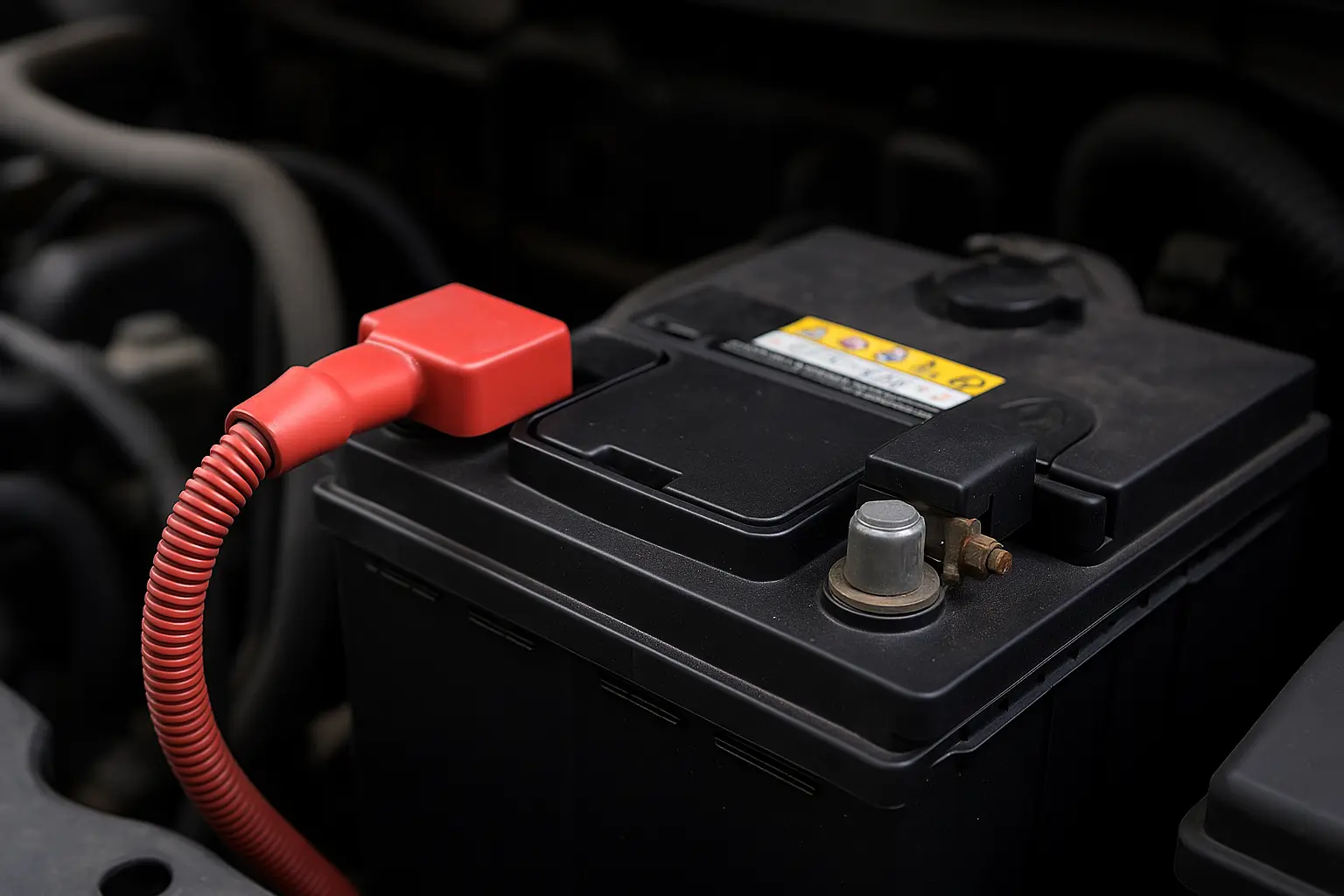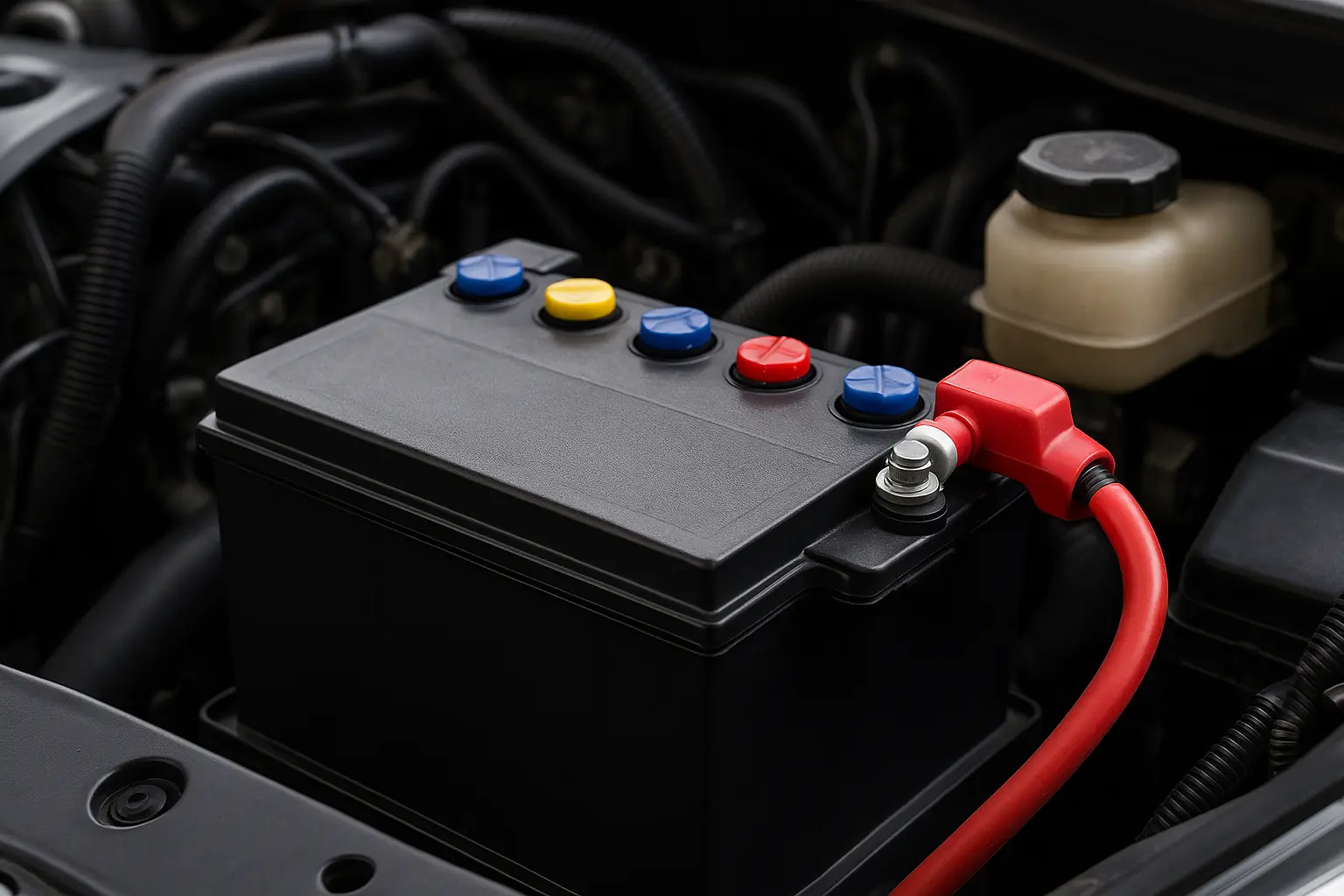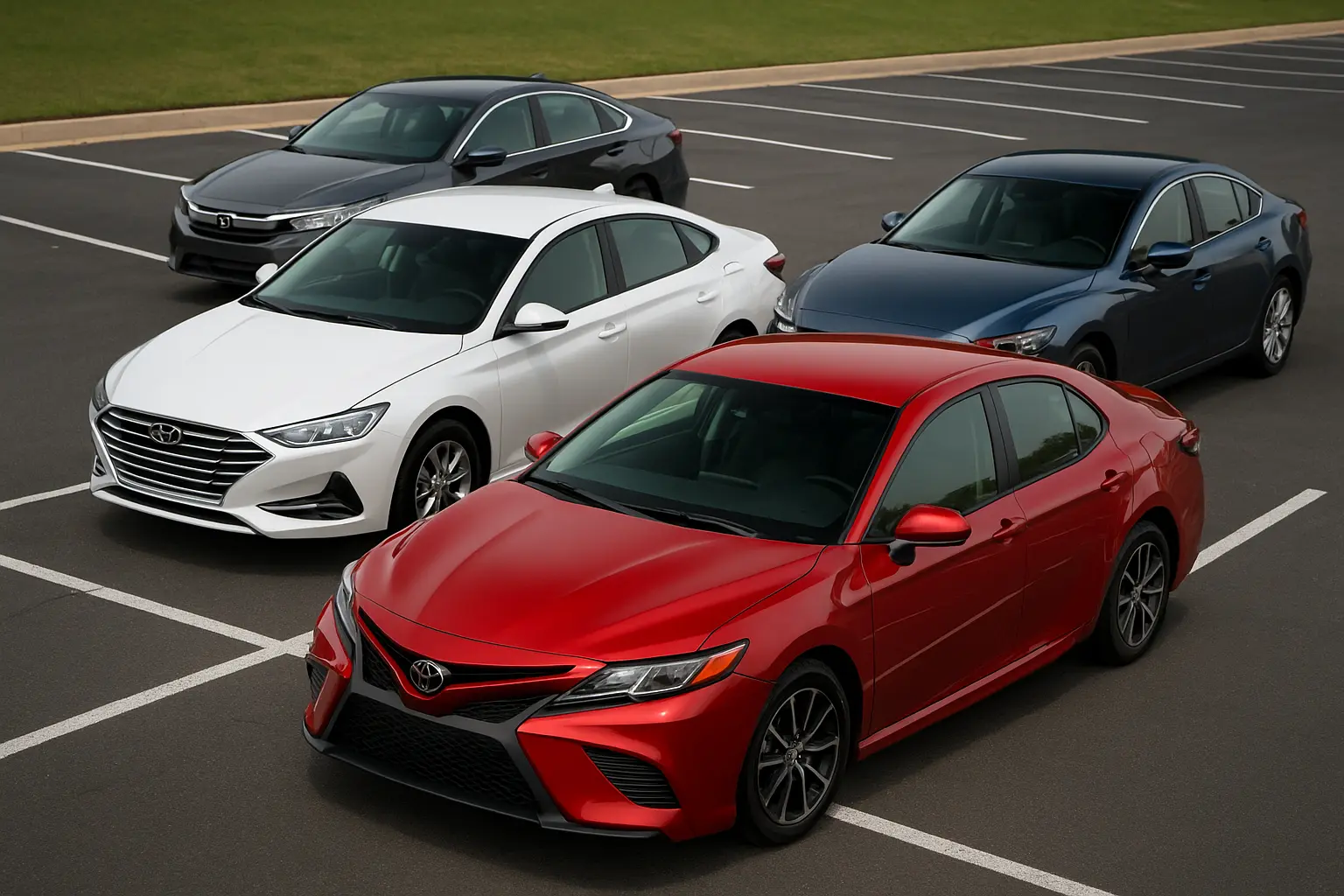A car battery might not be the flashiest part of your vehicle, but it is without doubt one of the most vital. Without a healthy battery, your car won’t start, your electronics won’t function, and your daily commute or long drive can be brought to a halt. Many drivers don’t think much about their car battery until the day it fails, leaving them stranded with jumper cables in hand.
This guide breaks down everything Australian drivers need to know about car batteries. We’ll cover how they work, the signs that tell you it’s time for a replacement, which brands you can trust locally, and the best maintenance practices to extend their life. Whether you’re driving a petrol hatchback, a hybrid SUV, or an EV with an auxiliary 12V battery, this article will help you stay ahead of unexpected battery troubles.

Understanding the Role of a Car Battery
A car battery isn’t just there to start your engine—it supports multiple systems. In petrol and diesel cars, the battery stores electrical energy and delivers a powerful burst of current to the starter motor and ignition system. It also stabilises the voltage to keep all your electronics—like infotainment, lights, and power windows—running smoothly.
In hybrid and electric vehicles, there’s often a dual system: a high-voltage battery that drives the motor and a smaller 12-volt battery that powers essential electronics. Even if your main traction battery is in good shape, a failing 12-volt battery can still immobilise the vehicle.
Simply put, the battery is the heart of your car’s electrical system. Treat it well, and it will give you years of reliable service. Ignore it, and you risk sudden failure at the worst possible time.
Signs It’s Time to Replace Your Car Battery
Recognising the early symptoms of a weak or failing battery can save you from being stranded. Here are the most common warning signs:
Slow Engine Crank
If your engine takes longer than usual to turn over, especially on cold mornings, your battery may be losing its charge-holding capacity.
Dim Headlights and Electronics
Notice your headlights flickering or dimming when you turn on the AC or radio? That’s often a tell-tale sign of a weak battery struggling to supply power.
Warning Lights
Most modern cars will trigger a battery or charging system warning light on the dashboard if voltage levels drop too low. Don’t ignore it—have it tested immediately.
Swollen or Leaking Battery Case
Heat, overcharging, or old age can cause the case to bulge or leak acid. If you see corrosion around the terminals or a bloated casing, replacement is urgent.
Age of the Battery
On average, car batteries in Australia last 3–5 years due to our hot climate and driving conditions. If yours is approaching that age, consider a proactive replacement.
Best Car Battery Brands in Australia
Choosing a quality battery ensures reliability, longevity, and better performance. Here are some of the most trusted brands available in Australia:
Century Batteries
An iconic Australian brand, Century has been manufacturing batteries locally for nearly a century. Known for durability in hot climates, they are a top choice for utes, SUVs, and 4WDs.
SuperCharge Batteries
Popular for offering great performance at competitive prices, SuperCharge batteries use expanded grid technology and are widely available across service centres.
Exide
Exide batteries are well-known for reliability and a broad range of products covering cars, trucks, and marine vehicles. Many roadside assistance providers carry them.
Bosch
Bosch batteries bring European engineering to the Australian market. They are valued for strong cold-cranking amps (CCA) and consistent performance.
ACDelco
Trusted for decades, especially in Holden and GM vehicles, ACDelco batteries are durable and well-suited for modern cars with heavy electrical loads.
Optima
For off-road enthusiasts and performance cars, Optima’s spiral-cell technology delivers exceptional vibration resistance and longer life. They come at a premium price but are a favourite among 4x4 drivers.
Types of Car Batteries
Not all car batteries are the same. Selecting the right type for your vehicle is essential:
Lead-Acid Flooded Batteries
The most common and affordable type. They require little maintenance but may not last as long under extreme conditions.
AGM (Absorbent Glass Mat) Batteries
Popular in stop-start vehicles, AGM batteries handle deep discharges better and are maintenance-free. They cost more but deliver superior reliability.
EFB (Enhanced Flooded Batteries)
Designed for cars with stop-start systems that don’t require full AGM performance, EFB batteries provide a balance between cost and functionality.
Lithium-Ion Batteries
Mostly used in EVs, lithium batteries are lighter and last longer. However, the auxiliary 12-volt battery in hybrids and EVs is usually still lead-acid or AGM.
Car Battery Maintenance Tips
A few simple steps can dramatically extend the life of your car battery:
- Regularly check terminals: Clean corrosion with a mixture of baking soda and water.
- Avoid short trips only: Batteries need time to recharge. Regularly drive longer distances.
- Check voltage: A healthy battery should read around 12.6 volts when the engine is off.
- Secure the battery: Vibration shortens battery life. Ensure the hold-down bracket is tight.
- Don’t leave electronics running: Avoid draining the battery with lights or AC when the engine is off.
- Inspect annually: Ask your mechanic to test battery health during servicing.
When to Replace a Car Battery in Australia
Beyond the obvious signs of failure, you should consider replacement in the following cases:
- After 3–4 years, especially if you live in a hot region or drive mainly short trips.
- Before a long road trip or camping journey into remote areas—don’t risk being stranded.
- If your battery has required multiple jump-starts in a short period.
- When upgrading to new accessories such as high-powered sound systems or fridges in 4WDs.
Cost of Car Batteries in Australia
Prices vary depending on type, brand, and vehicle requirements. On average:
- Standard lead-acid: $120–$180
- AGM batteries: $250–$450
- Premium off-road/performance batteries: $400–$600+
Labour for replacement at a service centre typically costs $30–$70, though many retailers offer free installation.
Recycling Old Car Batteries
Car batteries contain lead and acid, which are hazardous if not disposed of properly. Fortunately, most auto retailers and mechanics in Australia offer free recycling programs. Recycling helps recover up to 98% of lead for reuse and prevents harmful chemicals from entering the environment.
Car Battery Guide for EVs and Hybrids
Even though EVs rely on large lithium-ion packs, their 12-volt auxiliary battery is just as important as in traditional cars. If the 12-volt battery fails, the car may not “wake up” despite a full main battery pack. Maintenance is the same: keep terminals clean, avoid letting the car sit idle for too long, and replace proactively every 3–5 years.
Emergency Battery Tips
- Always keep jumper cables or a portable jump starter in your boot.
- Learn safe jump-starting procedures—incorrect connections can damage electronics.
- If stranded in remote areas, a solar charger can provide enough boost for small electronics or slow battery charging.
Conclusion
A car battery may be a humble component, but it’s the lifeblood of your vehicle’s electrical system. Knowing when to replace it, choosing the right brand, and following simple maintenance practices will save you money, time, and frustration. Whether you’re commuting in a small hatchback, touring in a diesel 4x4, or enjoying the efficiency of a hybrid SUV, a healthy battery is essential for peace of mind on Australian roads.
Staying informed with guides like this ensures you get the most from your car—and never get caught off-guard when it matters most.
Leave a comment
Your email address will not be published. Required fields are marked *




















